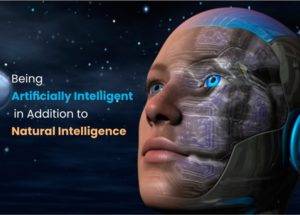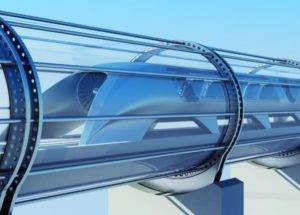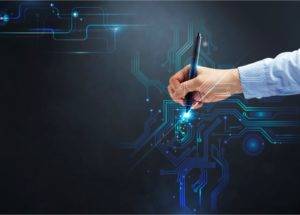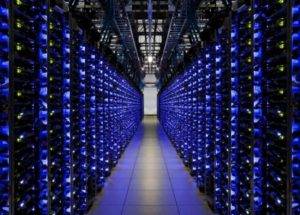Robots are Man’s Own Creation
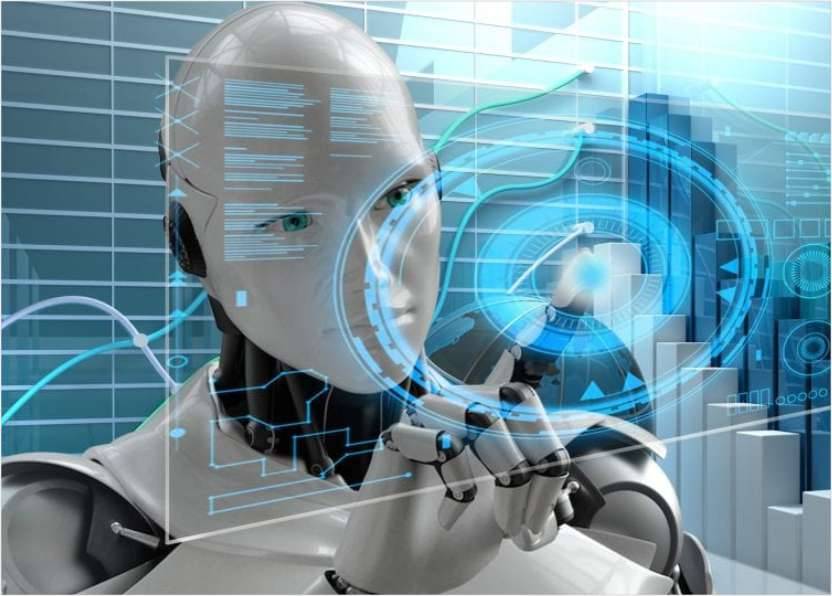
Loaded with cheaper, supercharged sensors, robots are finally capable of tackling the uncertainty of the human world. Whether humans want that is another question.
These advancements have worried more than a few experts as with these great advantages there are always some disadvantages to weigh into the equation. After all, there is no such thing as a free lunch and robots are no exception to this rule. There are of course a few negative aspects to robot usage. Here are some of the questions that arise: are there such kinds of robots that should not be created? Will robots put capable workers out of jobs, if so is this a justifiable action? And of course, the ignorant issue of, what if some day robots become like people, in terms of thinking and acting for themselves, how would we be able to distinguish robot from human?
Well firstly, it is not possible for a robot to think, feel, or act for itself, it may be programmed to mimic the actions, but not experience the real thing. We can program them to react to a certain stimulus, but a robot cannot and will never be able to comprehend, have feelings and much less act without the use of a programmer somewhere along the line.
Secondly, around 50% of all jobs are at risk of being automated and replaced by robots. There are websites that even help you search if your job will be taken over by automation and robots. Robots do not find themselves in many workers’ good books these days. Many workers fear being replaced by them, as advances in mechanical engineering and artificial intelligence software continue. This is alarming as world leaders rightly worry about the unemployment of more than 50% of the world’s population. Cases of robots replacing repetitive and menial jobs has sparked debates in both the academic and economic communities. However, Professor Andrew Scott, an economist at London Business School, has another opinion on this matter. He says that he thinks it is unlikely that robots will take our jobs. In an interview with E&T magazine he says, “. I think it’s unlikely because that’s never happened before with technology. It’s just changed what jobs you do. My hunch is that even though there may be an increase in unemployment this time – you can’t rule that out – the biggest effect for most people will be a change in how they work. It will change the skills, the tasks and the job that you have to do.”
Will automation and robotics really be a catalyst for pervasive job loss, or will it rev up sluggish labour productivity growth, creating new and unforeseen opportunities? Let there be no doubt: We are on the brink of a historic technological shift, with some of the greatest economic and societal impacts yet to be seen.
Nevertheless, these advancements in robotics are worth analysing. We’re getting closer to a truly automated world where robots and humans coexist (whether peacefully or not). For now, though, the fear of a robot uprising is still some ways off. It may be more pressing to worry about seeing a robot gymnast at the 2022 Olympics.





